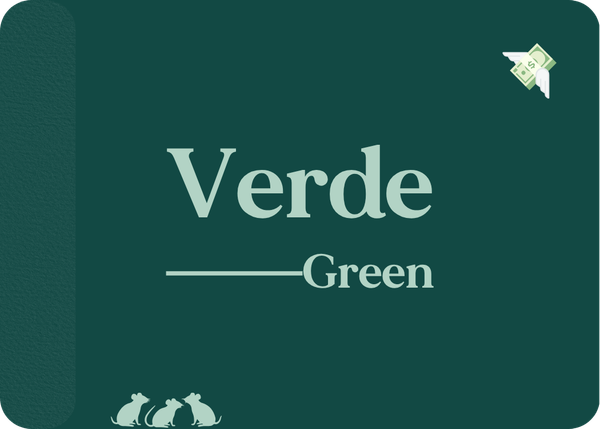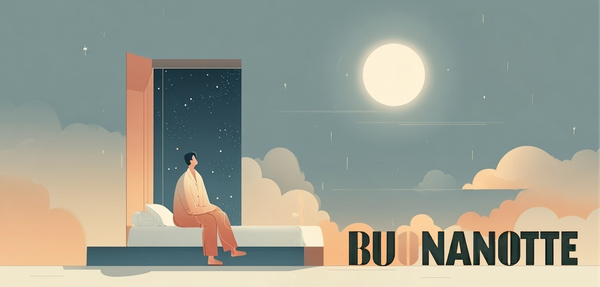Verde
NOUN [masculine] / ADJECTIVE
Meaning and English translation 🔖
1. Green
🇬🇧 Of the color between blue and yellow in the spectrum, characteristic of grass and leaves.
🇮🇹 Del colore tra il blu e il giallo nello spettro, caratteristico dell'erba e delle foglie.
2. Covered with vegetation
🇬🇧 Covered with vegetation.
🇮🇹 Coperto di vegetazione.
Example sentences 💬
Il mio colore preferito è il verde.
My favorite color is green.
Ho comprato delle mele verdi al mercato.
I bought some green apples at the market.
Il verde a quell’incrocio dura solo dieci secondi.
The green light at that intersection only lasts ten seconds.
A Milano, la (metro) verde collega la Stazione Centrale con la Stazione Garibaldi.
In Milan, the green line connects Central Station with Garibaldi Station.
This article is brought to you by Giulia School, where you can learn Italian the natural way—with real conversations and passionate teachers guiding you every step of the journey. It’s the closest thing to immersion you can get without living in Italy. Click here to learn more.
Idioms with verde 🇮🇹
Pollice verde
→ Green thumb
Mia nonna ha davvero il pollice verde, tutte le sue piante sono splendide.
My grandmother really has a green thumb, all her plants are beautiful.
Vedere i sorci verdi
→ To have a really hard time (literally: to see green mice)
Con quel professore ho visto i sorci verdi per passare l'esame.
I had a really hard time passing the exam with that professor.
Polmone verde
→ Green lung (large park or forest area in a city)
Il parco del Valentino è considerato il polmone verde di Torino.
The Valentino Park is considered Turin's green lung.
Verde d'invidia
→ Green with envy
La Regina Cattiva di Biancaneve era verde d'invidia.
Snow White's Evil Queen was green with envy.
Essere al verde
→ To be flat broke (literally: To be in the green)
Questo mese sono al verde, non posso uscire a cena.
I'm flat broke this month, I can't go out for dinner.
Where does the word verde come from? 🔎
Verde comes from the Latin viridis, meaning "green, vigorous". The root is connected to the verb virere, which means "to be green, flourishing".
Did you know that... 🤓
Impress your italian friends with curious facts about Italy and its culture
Why do we say "essere al verde" (to be broke)?
I'm sure that almost none of your Italian friends know the origin of this expression. Ready to amaze them?
In Renaissance Florence, and more precisely in public auctions, candles were used to mark the time for bids. Offers could be made as long as the candle remained lit, but when the flame approached the end, the auction ended.
Here’s an interesting detail: these candles were often made of animal fat and used in copper or brass candlesticks. When the candle burned, the acid from the fat reacted with the metal of the candlestick, creating a green layer.
To hide this unsightly effect, candlemakers began painting the base green. This way, the candle looked new even when the flame was nearing the end.
And this is how the expression "essere al verde" was born! When the candle reached the green part, it was almost finished and completely consumed. Similarly, a person who is "al verde" has exhausted all their financial resources.





